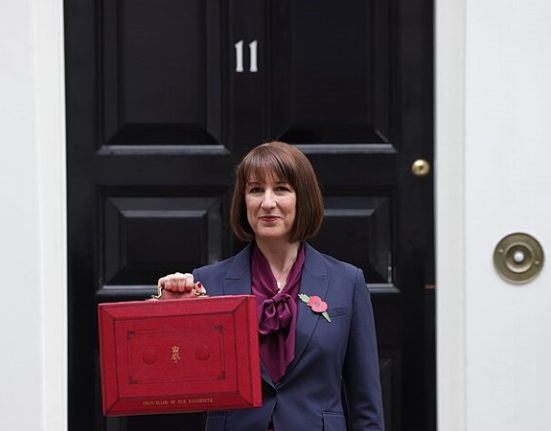The Sentencing Council’s refusal to backtrack on its so-called “guidance” wasn’t just tone-deaf – it was a democratic insult.
Let’s call this what it is: a textbook example of unelected technocrats playing fast and loose with the principles of justice. The council’s insistence on tailoring sentencing considerations based on race, gender, age or cultural background didn’t “balance the scales” – it shattered them.
This was the dangerous creep of ideological policymaking, dressed up in the soft language of reform. The moment you create a checklist of who deserves extra consideration before a sentence is even handed down, you ditch the notion of equal treatment under the law. What you’ve built is a two-tier justice system – and they had the gall to formalise it.
Let that sink in: a British institution tasked with upholding fairness was defending guidelines that told judges to think differently about you based on your background. No wonder even the Prime Minister said he was “disappointed”. Justice Secretary Shabana Mahmood was right to be furious – this wasn’t compassion, it was chaos.
And while the Council tried to claim this wasn’t “policy,” we weren’t fooled. Words matter. Guidance carries weight. Judges and magistrates follow it. They’re not debating philosophy – they’re deciding people’s futures.
“We’re not talking hypothetical outcomes. We’re talking about real people”
The Council’s response was a masterclass in arrogance – “respectfully disagreeing,” “clarifying the language” – as if this were just a messaging issue. But the backlash was swift and justified.
Now, under mounting political pressure and with a judicial review threatened by former minister Robert Jenrick, the Sentencing Council has suspended its impending guidance. The government has also signalled it will legislate to block any future reintroduction of such measures – and rightly so.
This is no time for platitudes. Action was needed, and action is what forced the Council’s hand.
We are not talking about hypothetical outcomes. We are talking about real people – victims, families, communities – who need to believe that justice applies to everyone equally. Once that belief is broken, public trust in the system crumbles.
This guidance should never have made it out of a draft. It’s time to make sure it never comes back.
Because if justice isn’t blind anymore, then she’s just another bureaucrat wearing a mask.







